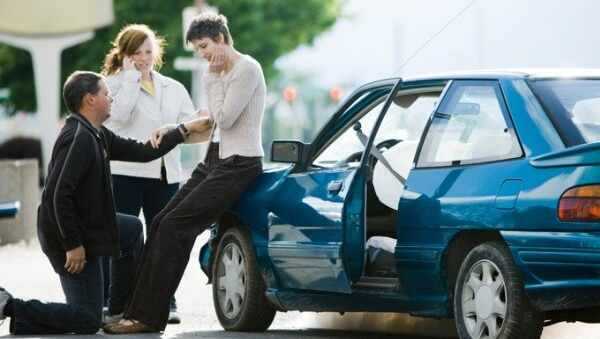Many times, there are no traffic cameras around to record an accident. So, being an eyewitness can be a big responsibility. The legal system heavily relies on witness testimony to understand how things indeed occurred. After witnessing a car accident, it is essential to remain neutral to be credible. If you are a car accident witness, here are seven things to remember. Here are some Dos and Don’ts.

1. Get to a Safe Location
Do not get injured by being a Good Samaritan. Get yourself out of harm’s way by pulling over to a safe place. Take a deep breath and gather your composure. Other drivers may be trying to speed through not to be late for something. It is better to get off the road to a safe location not to become a car accident victim yourself.
2. Call 911 -- Even for A Minor Accident
First responders should show up and sort out the accident. Paramedics will be able to assess if injuries are severe. Police officers will determine what to write down in their reports. They might ask you for a statement based on what happened.
If you are not a first responder, do not become involved beyond asking if everyone is okay. You don’t want to become liable by putting your hands on someone in pain and making their injuries worse.
3. Remain Calm
Emotions tend to flare up during ugly accidents. Both parties can be afraid of possible physical, mental, and emotional pain. They might also be distressed because of the consequences of their actions.
Your job is only to make a statement and let professionals handle the rest. Remain calm and inspire others instead of adding fuel to the situation.
4. Be Honest
Staying honest is the best thing you can do. You don’t owe anyone anything other than the truth. One or more of the people in the accident may ask you to testify on their behalf. Some may even try to offer you money if they are desperate. Don’t play favorites, just call it as you saw it.
This is why it is better not to get involved. Let the insurance companies, police, and courts do their jobs. You could get in serious legal jeopardy if you knowingly make a false statement.
5. Write Down What You Saw
Chances are insurance companies and lawyers might start contacting you in a few days. It may be hard to recall the exact details later on. If either party suffered injuries, your mind might try to forget what you saw.
Write the facts down so that they remain fresh in your memory. Be very careful not to jump to conclusions.
There are many cases of people being sincere and being wrong about what happens. Make sure to stick to the facts. Those who make assumptions are often wrong.
Take note of:
- The time
- The date
- The location
- The type of vehicles involved in the crash
- The accident’s cause.
6. You Have No Obligation to Stop in Most States
Stopping at an accident scene is the right thing to do in most cases. If you witness any violence or dangerous situations like fires, you don’t have to stay. Most states do not require you to notify anyone of what you saw. It is highly advised to contact emergency services to prevent worse things from happening.
7. If There Are Severe Injuries or Fatalities
Every year, thousands of people are maimed or killed on the nation`s roads. You might get the chance to witness one of these tragedies. It is natural to feel severe grief about what you saw.
Some witnesses develop Post Traumatic Stress Disorder (PTSD). You should not feel ashamed to seek therapy or counseling. Feeling empathy or sadness when seeing another human being`s extreme suffering is natural.
Why It Matters in The End
The number one reason your statement as a witness to a car crash counts is that the at-fault party can’t throw the blame on the other party. It is hard for the police to determine who is telling the truth even in a minor car accident, all the less in a significant collision. Both parties have the incentive to blame one another and admit no fault for themselves. You are the neutral third party that can tip the scales.

